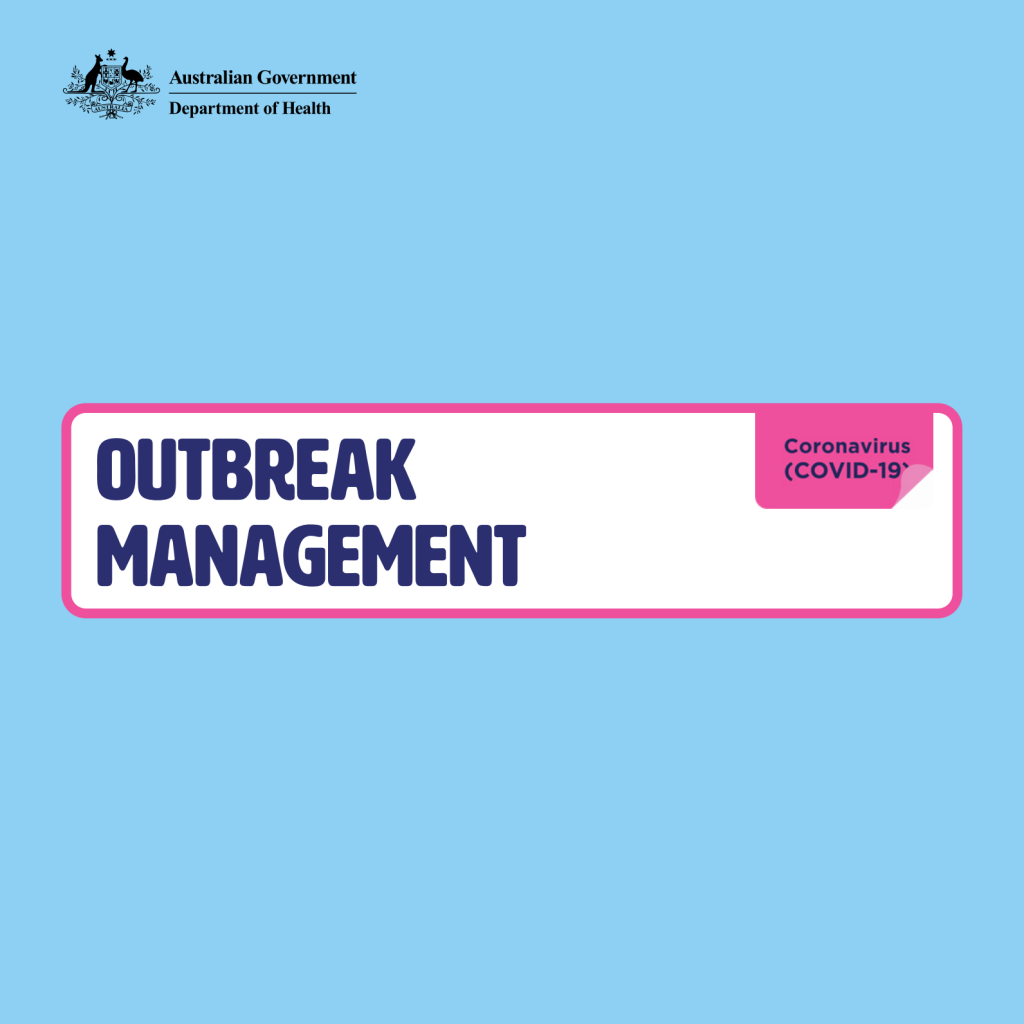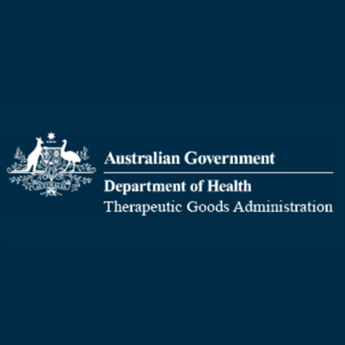Aged Care workers are being urged to get their flu vaccination now ahead of the season in a bid to protect themselves and the Senior Australians they care for.
Minister for Aged Care Richard Colbeck said while every flu season is serious, the spread of COVID-19 means it’s critical every worker is vaccinated.
“Our Aged Care workers are doing an exceptional job caring for our most vulnerable Australians in very challenging circumstances,” Minister Colbeck said.
“Senior Australians are the most at risk from serious illness from the flu, which is why it is essential that care workers are vaccinated.
“We need our aged care workforce to be fit and healthy as we face this health emergency.
“This year it is even more important to be vigilant about the flu because of the COVID-19 pandemic.
“While flu vaccination does not prevent COVID-19, a flu vaccination is critical to protecting the health of Senior Australians, who are more susceptible to contracting influenza.
“I am urging all care workers who work with older Australians, whether through residential facilities or in-home care, to heed this advice and get vaccinated against the flu.
“The more people caring for this vulnerable group who have a vaccination will result in less demand on our health care system.”
Read more:
Aged care workers must get flu vaccination
Flu (influenza) immunisation service







